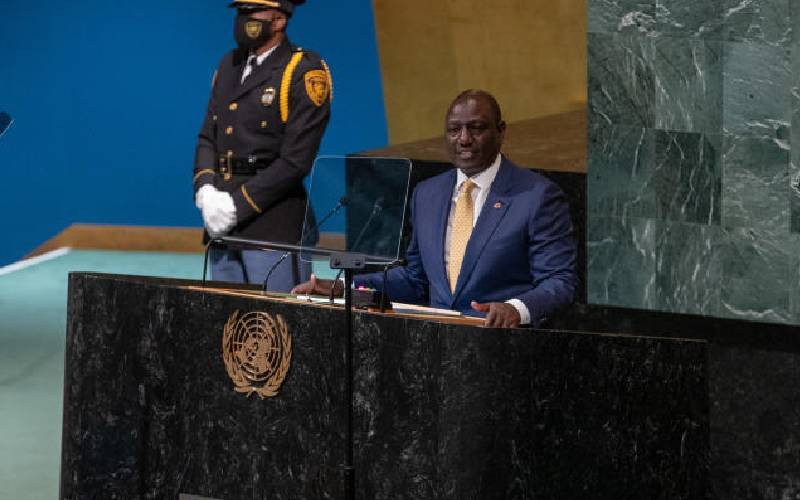×
The Standard e-Paper
Fearless, Trusted News

From an analytical point of view, it has been extremely difficult to tangibly predict how a William Ruto presidency will look like in the global stage.
He simply has had no traceable footprints on his views on world geo-economic politics. The hustler manifesto offered no insights into this nor how he intended to engage the world if he won the presidency.